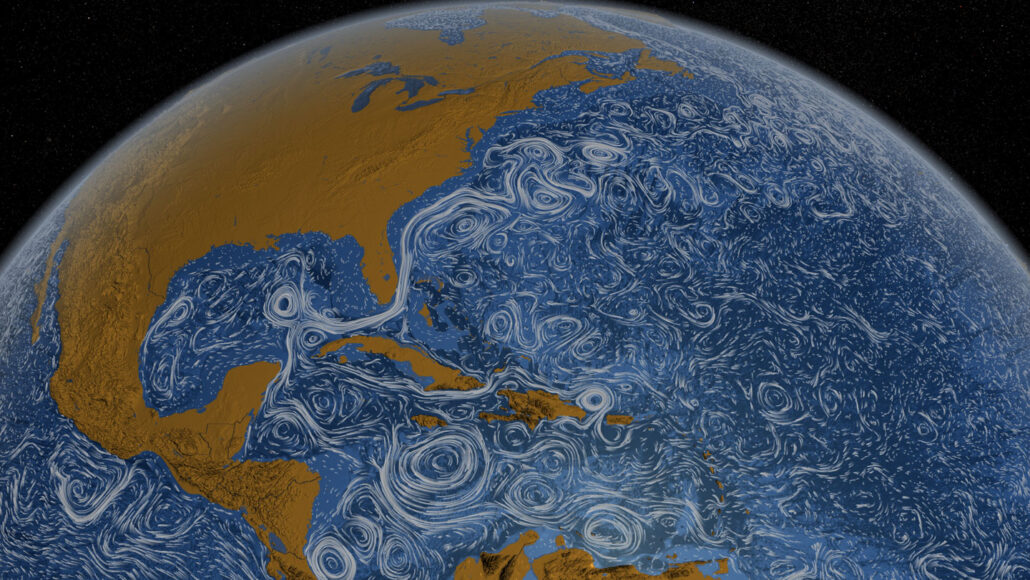HOME
Work on complex systems, including Earth’s climate, wins the physics Nobel Prize

Earth’s climate is a vastly complex system on a grand scale. On a microscopic level, so is the complicated physics of atoms and molecules found within materials. The 2021 Nobel Prize in physics knits together the work of three scientists who illuminated such intricate physical systems by harnessing basic tools of physics.
Half of the prize goes to climate scientists Syukuro Manabe of Princeton University and Klaus Hasselmann of the Max Planck Institute for Meteorology in Hamburg, Germany, for their work on simulations of Earth’s climate and predictions of global warming, the Royal Swedish Academy of Sciences announced October 5. The other half of the 10 million Swedish kronor (more than $1.1 million) prize goes to physicist Giorgio Parisi of Sapienza University of Rome, who worked on understanding the roiling fluctuations within disordered materials.
All three researchers used a similar strategy of isolating a specific piece of a complex system in a model, a mathematical representation of something found in nature. By studying that model, and then integrating that understanding into more complicated descriptions, the researchers made progress on understanding otherwise perplexing systems, says physicist Brad Marston of Brown University. “There’s an art to constructing a model that is rich enough to give you interesting and perhaps surprising results, but simple enough that you can hope to understand it.”
The prize, normally an apolitical affair, sends a message to world leaders: “The notion of global warming is resting on solid science,” said Göran Hansson, secretary-general of the Royal Swedish Academy of Sciences, during the announcement of the prize winners. Human emissions of greenhouse gases, including carbon dioxide, have increased Earth’s average temperature by more than 1 degree Celsius since preindustrial times. That warming is affecting every region on Earth, exacerbating extreme weather events such as heat waves, wildfires and drought (SN: 8/9/21).
News Source